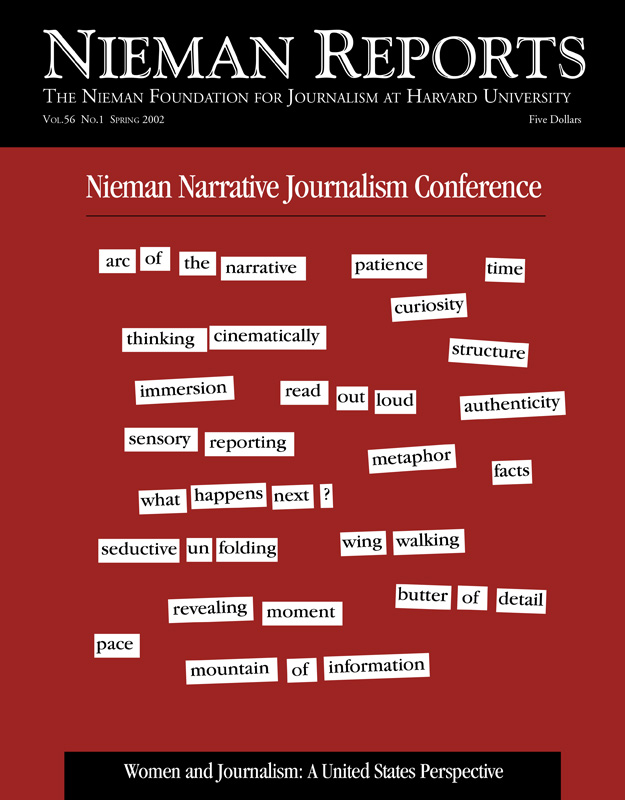
McPhee’s New Yorker article, “Travels in Georgia,” is a joint profile of a man and a woman. McPhee is following them along through the state of Georgia, watching what they do. Doesn’t tell us much about them. We know they’re employees of the state of Georgia. More than that, we don’t know. What do they do?
They find a dead snapping turtle beside the road. They pick it up; they dissect it; they carry some of the parts away. They collect frogs, they collect snakes. The people whom they encounter in small towns and so forth are quite puzzled why they’re collecting frogs and snakes and other sorts of specimens like this. These two people never say anything about why.
We see their house; one of them has a very detailed diary about types of specimens being collected. Their jars with animal parts and so forth in them. Meanwhile we, the reader, are wondering who the hell are these people? Why are we following them along? What are we doing this for? Who are they? And McPhee doesn’t tell us until he’s about half or two-thirds the way through the story and then he sort of gradually drops the information that they both work for a small, obscure Georgia state agency whose job it is to identify rural areas that are worth preserving and having some sort of state legal protection placed on them because they house endangered species of one sort or another.
If he had told us all that at the beginning of the story, it would have made it a much less riveting read. That’s what I mean by the technique of sort of deliberating withholding information to create suspense. You can create suspense by setting up and delaying getting to a confrontation between two people.


